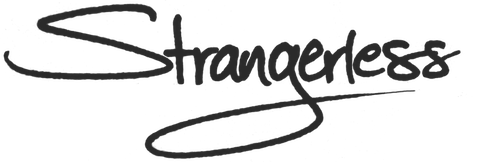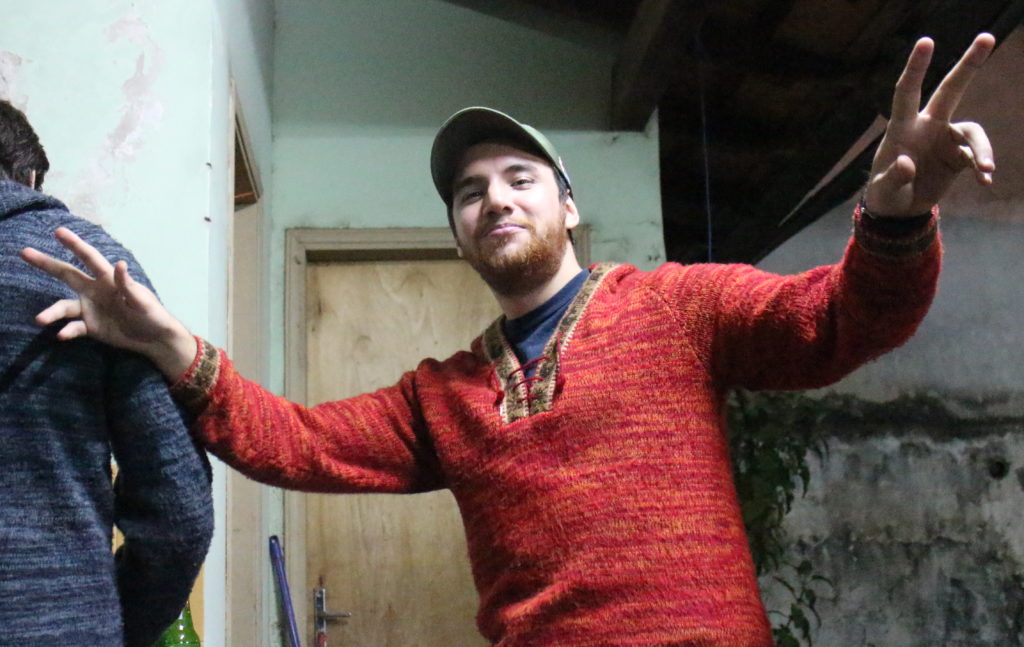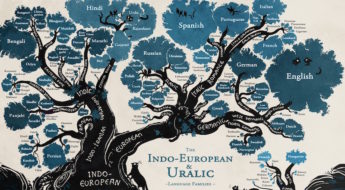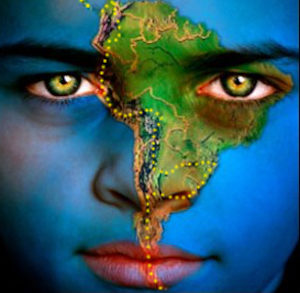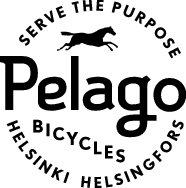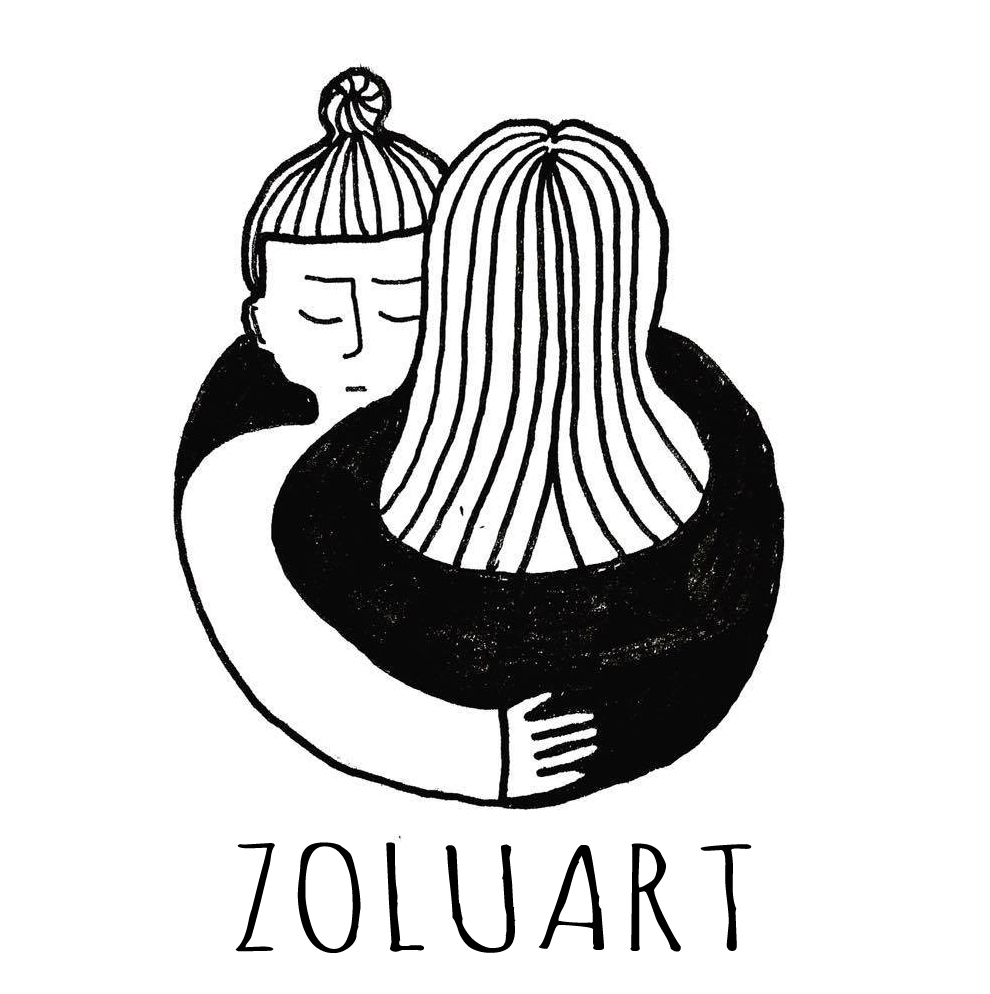STAR WARS GO LATIN: “USE THE ONDA!”
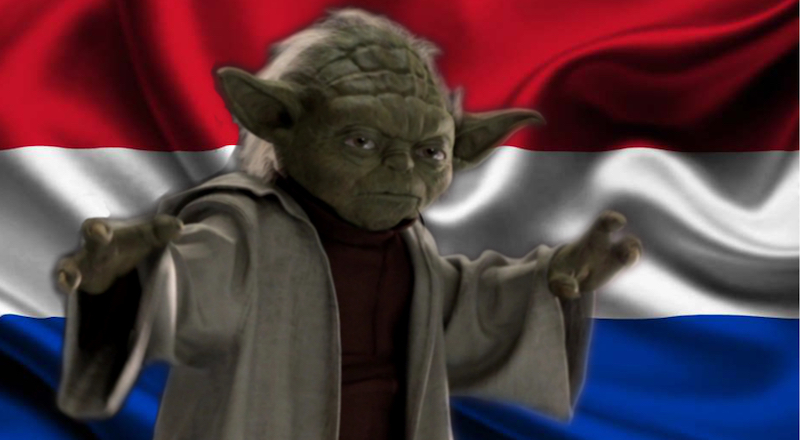
If there’s one word that can really confuse you in Latin America, it’s la onda. Just try to look for a direct equivalent for it in any other language or ask locals to translate it for you and you’ll just end up even more confused. Although your English dictionary will tell you it’s a ripple, a wave or a waveform, that won’t get you far. Why? Because in every expression in which la onda is applied, its translation is slightly different. And that’s why it’s a such great text book example for what I call a perfect sociolinguistic riddle: you won’t get it unless you observe the way locals use it.
In all the Spanish speaking Latin American countries I’ve been to so far, la onda is something crucial. No one wants to be mala onda, a good party tiene onda and it sucks when someone takes away your onda. In fact, la onda is something so omnipotent that it almost seems like some Latino conspiracy which everyone can feel but no one can see. Yet, la onda is not just a certain vibe or atmosphere that either passively exists or doesn’t, or an attribute which you either have or you don’t. It’s like the Force in Star Wars. You have to feel it in order to apply it (“Your eyes can deceive you. Don’t trust them. Stretch out with your feelings.”) And once you start putting some onda into your life, it shall never be the same again.
Meaning of words according to Wittgenstein
Since centuries, philosophers and linguists have tried to define what the real function of language is. Do we create meanings with language or do we just state out loud what already exists? Does a phenomenon exist a priori to us understanding the word which refers to it? In other words, is there onda in our lives even before we know what it means? The Austrian philosopher and my favorite linguist Ludwig Wittgenstein (1889–1951) would, without a trace of doubt, say: “no”. So, I’m sorry to disappoint all the non-Latinos but, according to Wittgenstein, before you understand what la onda is, it’s impossible for you to actually be buena onda.
Ludwig Wittgenstein dedicated his whole life to the logic of language. His main interests were the limits of thinking and language, and in his texts he created a multifaceted and complicated theory about meaning, which later on has had a great influence on the work of many other language philosophers. The main claim of this famous theory is that the meaning of a word is its use in language (“Die Bedeutung eines Wortes ist sein Gebrauch in der Sprache”). According to Wittgensteing, even simple words like five or apple have no meaning whatsoever without a context, and therefore, even la onda in itself is empty unless applied in a meaningful sentence.
In order to create a meaningful discussion, it should be more or less clear to all counterparts which rules should be followed when using specific words. Yet, linguistic rules are by no means universal, so there can be misinterpretations between people from two different cultures, even when speaking the same language. Therefore, even if you speak Spanish, you might still have a somewhat different concept of, let’s say, what you would consider buena or mala onda than a Paraguayan. As Wittgenstein put it: even if a lion could talk, we would not understand it. Meaning, even if a lion could form English sentences, it wouldn’t be able to think like a human being. So, when a Paraguayan tells you: “Ponéle onda!” and you just nod your head unenthusiastically while reading a book, will the Paraguayan think you got what he/she said?
La onda translated: a short vocabulary
When I studied linguistics, translation was my worst nightmare. Why? Because just like Wittgenstein, I don’t believe abstract words can ever have direct equivalents in other languages. There’s just no onda in German, Italian, Polish or in any other language I know for that matter. Yet, although I myself believe much more in understanding contexts over words and although I’m well aware of being a Finn and not a Latino, here’s how I’d translate the most common sentences with la onda. (However, please read on as I’d much rather give you a practical application of the word. An application which will make you realize that la onda is so much more than just a random word…So very much more…)
Qué onda?
What’s up? / How’s everything?
Y…qué onda?
And…how was it?
Y después, qué onda?
And then what? / And then what happened?
La onda es que…
The thing is that… / The way it is, is that…
Que buena onda!
How cool! / This is really cool! / I’m really enjoying myself / What a vibe!
Ella/el es muy buena onda.
She/he is really cool / sympathetic / nice / fun.
Ella/el tiene onda.
She/he has got style / She/he is cool
Ella/el es re mala onda.
She’s really uncool / a party pooper / She’s someone you don’t want to be around with.
Nadie quiere ser mala onda
No one wants to ruin the party
Que mala onda que sos!
Don’t be such a bore! / What a bore you are!
Estar en la onda
To be cool
Sacado de onda
To be thrown off / disconcerted / upset or to have a mood or flow ruined.
No es mi onda
It’s not my scene / my cup of tea / my vibe / that’s not how I roll
Le pone onda
She puts effort into her swag
Ponéle onda!
Put some enthusiasm / effort into it! / Lively up yourself!
(can also mean: Speed up! / Move it!)
La onda explained: Force of Star Wars
If you’ve ever seen Star Wars, you know what the Force is. (For those who haven’t, the Force is the energy which keeps the whole universe in balance.) You know, that flow of life which gives meaning to all creatures in the world? Ok, and you surely also know that even when everything is well, the Force can suddenly be disturbed by single act of a single person. Well, guess what? So can la onda. In fact, try to apply la onda into everything you know about the Force and you’ll more or less get the whole concept. Just look at the quotes below and you’ll see what I me:
“There’s the dark side and then there’s the light side of the Force.”
There’s mala onda and there’s buena onda.
(Very few people want to be mala onda, but one malaonda is enough to cause a disturbance in la onda.)
“The Force is what gives a jedi his power. It’s an energy field created by all living things. It surrounds and penetrates us. It binds the galaxy together.”
The onda is what gives a person his power. It’s an energy field created by all living things. It surrounds and penetrates us. It binds all people together.
(It’s important not to disturb it because it binds everyone together.)
“Remember, a Jedi can feel the lack of Force flowing through him.”
Remember, a person can feel the lack of onda flowing through him.
(This is when someone will tell you: ponéle onda!)
“Don’t underestimate the Force.”
Don’t underestimate the onda.
(Whether good or bad, la onda can change everything.)
“The Force can have a strong influence on the weak minded.”
The onda can have a strong influence on the weak minded.
(It’s a social thing, so peer pressure will affect you if you’re weak.)
“I felt a great disturbance in the Force.”
I felt a great disturbance in la onda.
(This is what happens when in the middle of a great party, someone loudly announces that he/she wants to go and sleep.)
“My ally is the Force. And a powerful ally it is.”
My ally is the onda. And a powerful ally it is.
(If you put onda into your doing, your life is sure to change.)
“That’s not the way the Force works.”
That’s not the way the onda works.
(No es la onda: that’s not the scene / moment)
“Now I know there’s something stronger than fear – far stronger. The Force.”
Now I know there’s something stronger than fear – far stronger. La onda.
(Putting some onda into your doings can definitely subside fear.)
“May the Force be with you.”
May the onda be with you.
(You really want to have onda, so now that you know what it is, good luck!)
And when in Asunción…
There’s one expression which is used frequently in Asunción, as well as Central and Northern Argentina. It’s the one which clearly states the power of la onda. The one that can change a bad day into a good one, can give you energy when you’re drained, can make you smile when you’re down. It’s the real thing. The one Yoda would use if he were around. It is…
“Use the Force!” = Ponéle onda!
Strangerless comments
Mastering la onda is a tricky thing. The problem is that once you get it, you really start missing it in other languages. You start asking yourself questions like: Why doesn’t Finnish have it? Why is there no English equivalent? What can I substitute it with in Polish? And that’s when all you can do is surrender to the fact that yes, languages are different, but that’s exactly why learning them is such a richness. So, don’t despair. Every new word widens your horizons, so…remember: ponéle onda and master at least this one!
